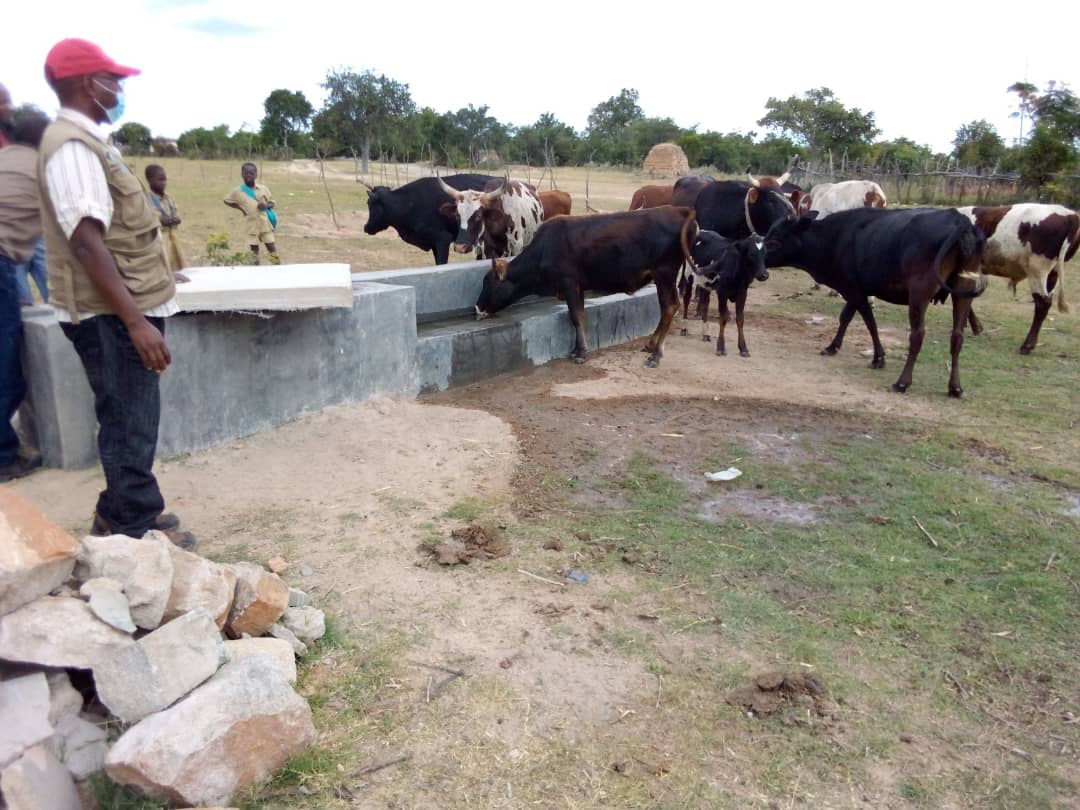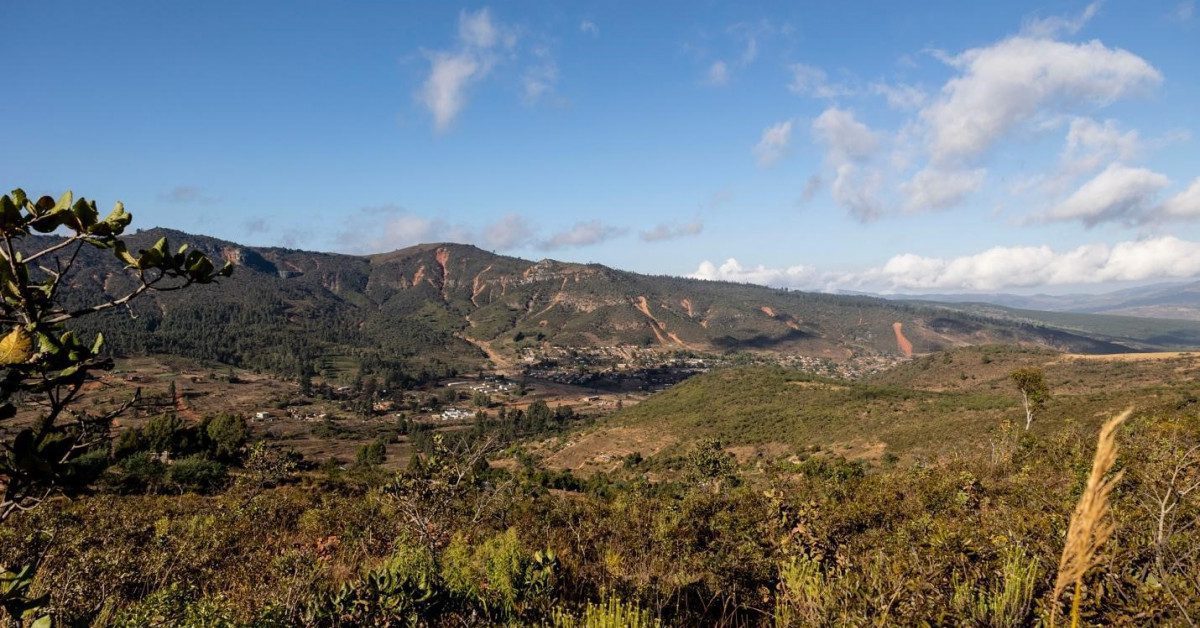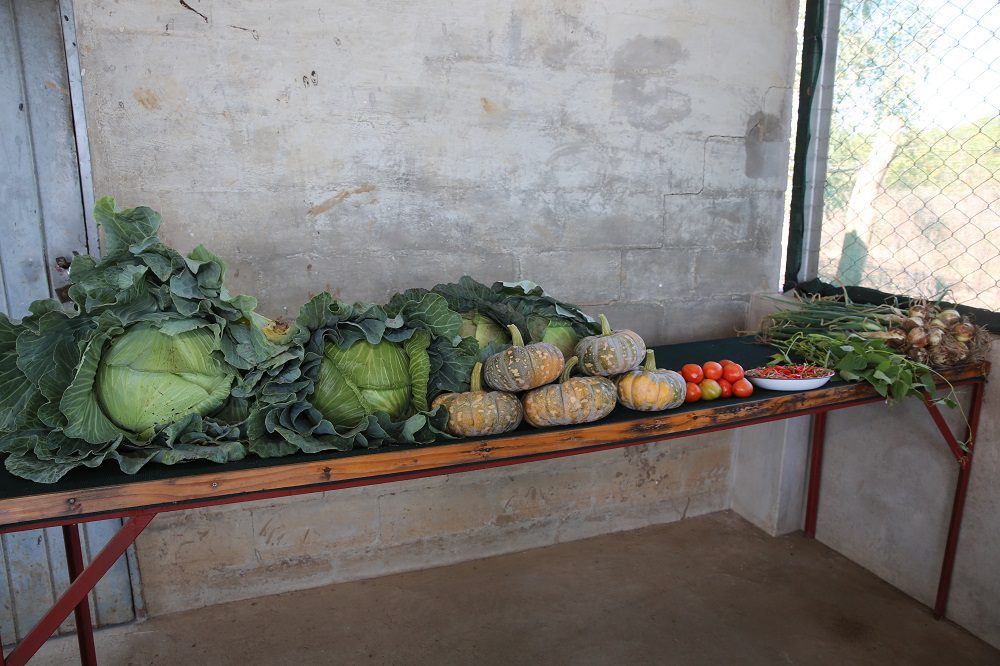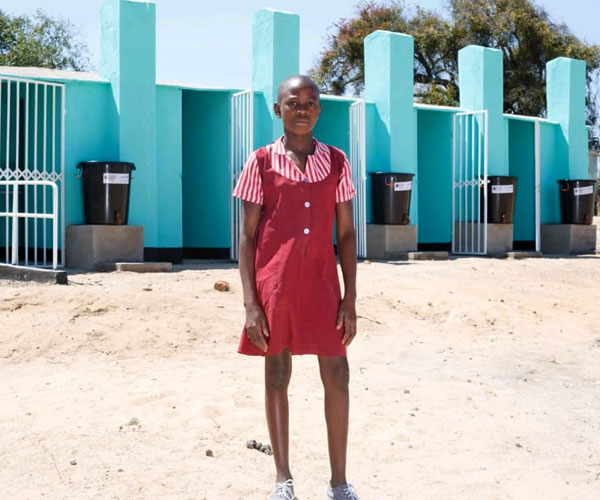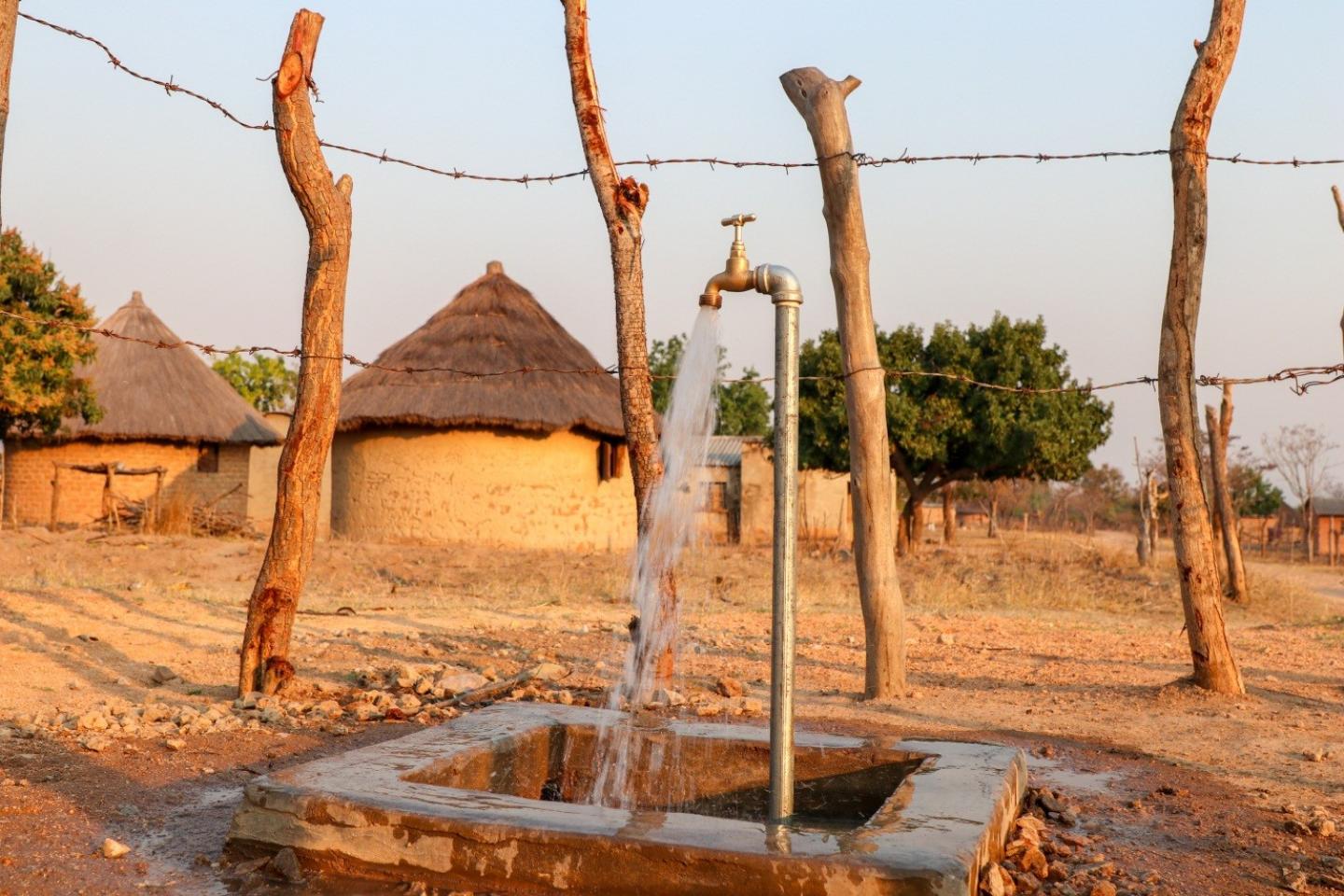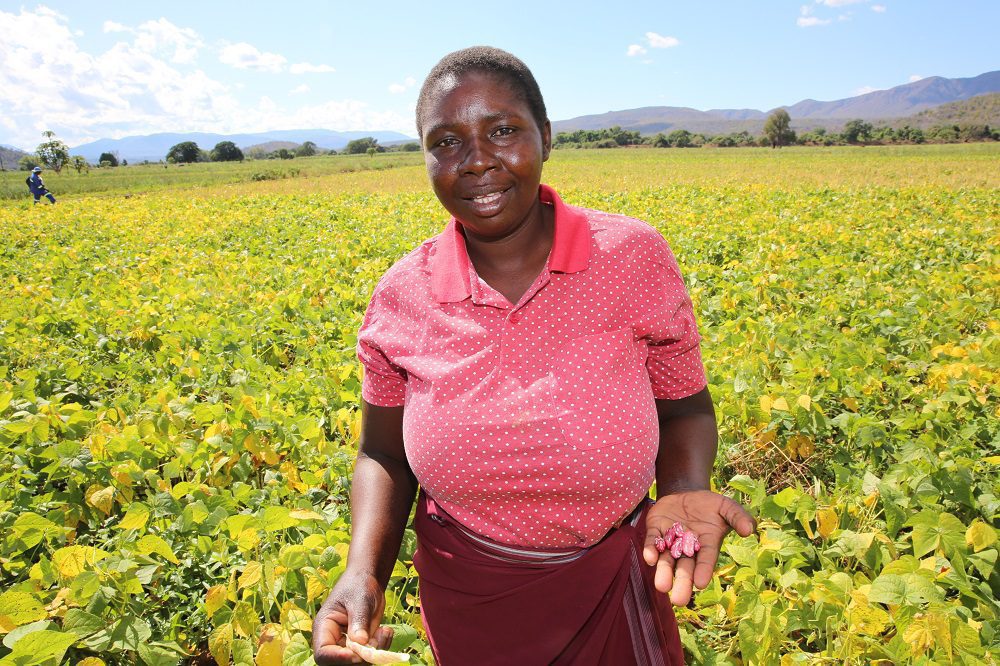Participatory Design In Action
Completion of the Mutsvangwa Clinic this month showcases the benefits of design processes which consult the community on their needs. This month, a major milestone was reached under the ZIRP with the completion of Mutsvangwa Maternal Health Clinic in Ward 23, Chimanimani District. Located approximately 10 kilometres from the Mozambican border, the Mutsvangwa Clinic serves […]

